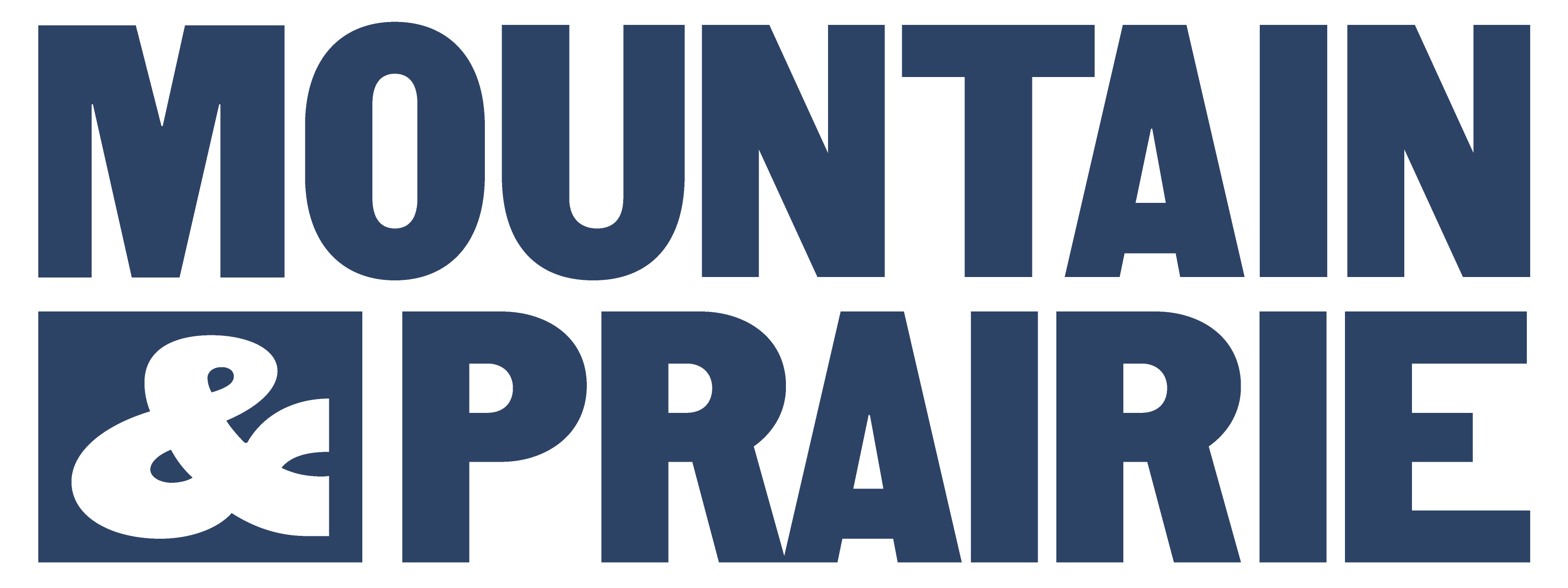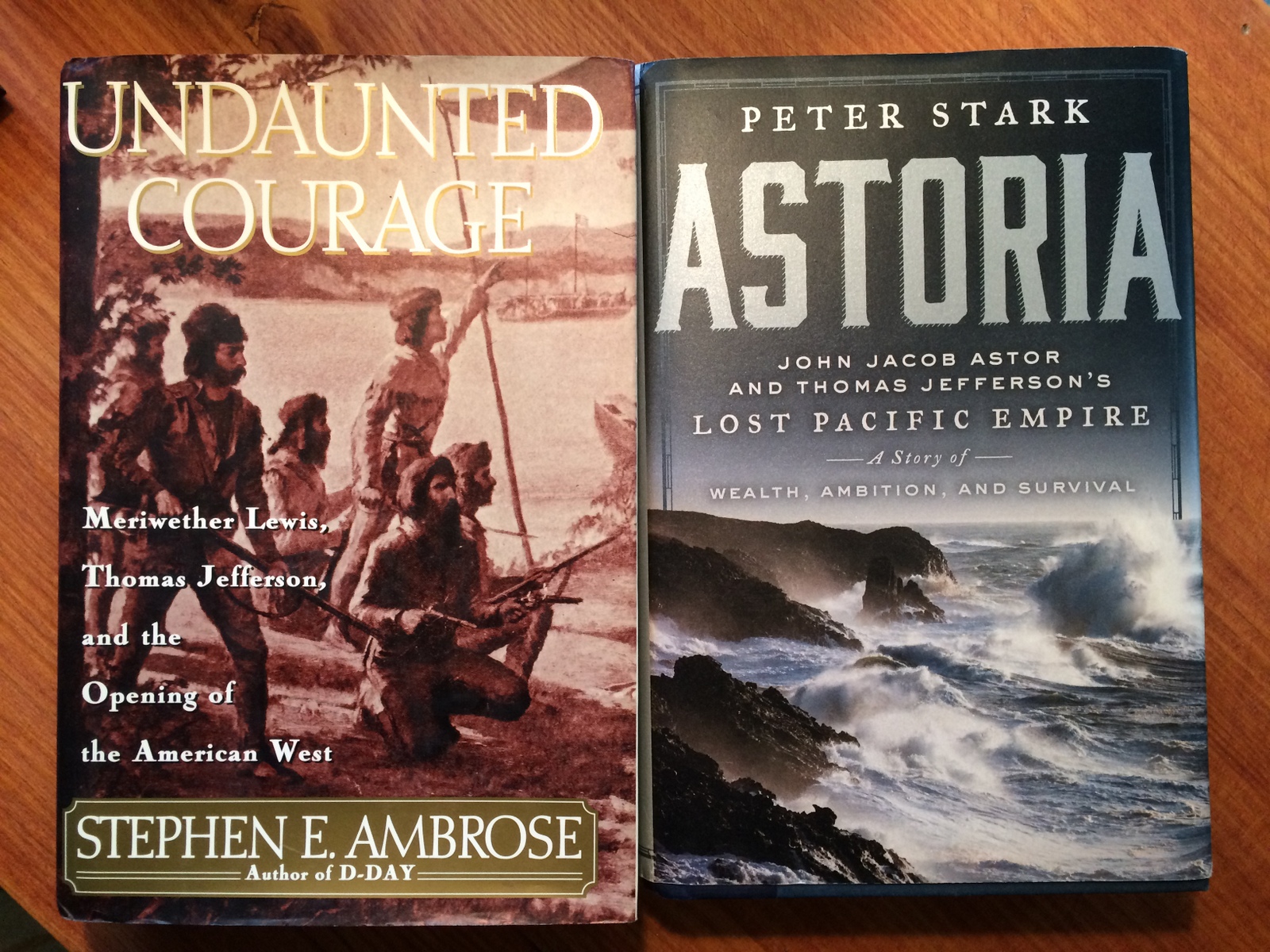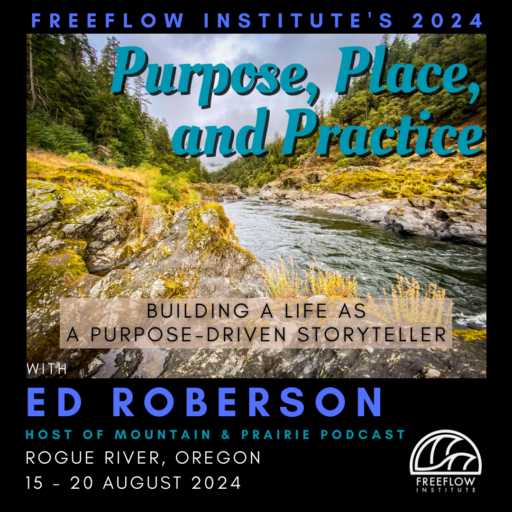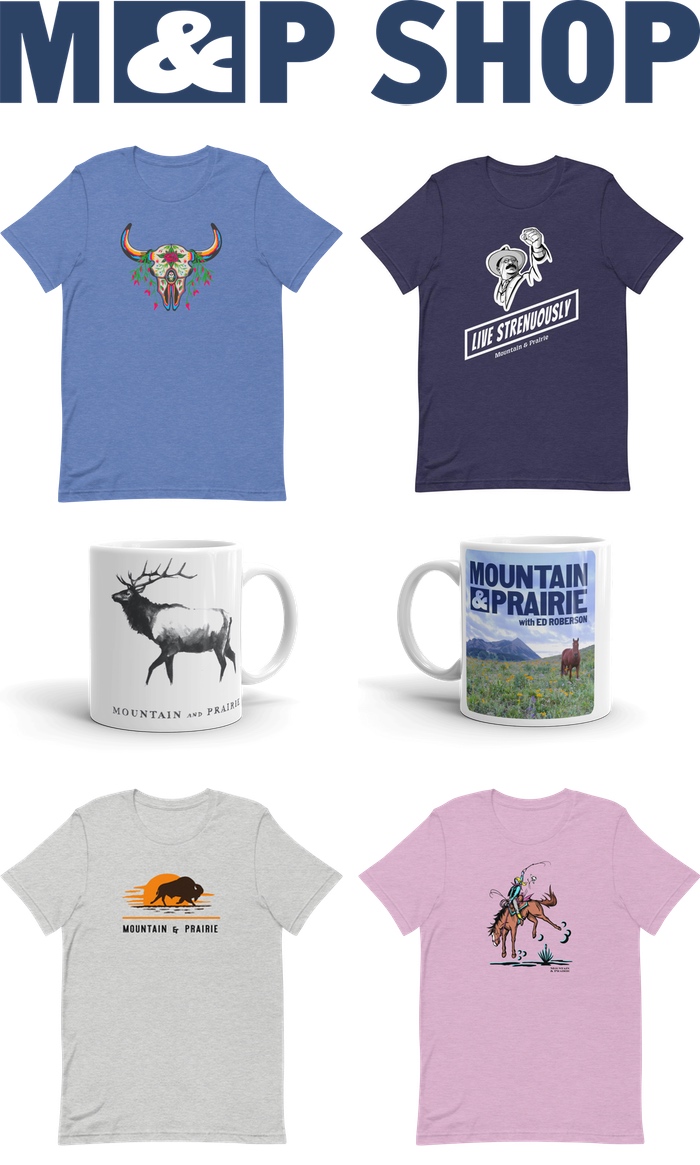Two book recommendations about the golden era of American West exploration: Undaunted Courage by Stephen Ambrose and Astoria by Peter Stark
For the past few years, the majority of my U.S. history reading has centered around the American West during the “taming of the West” time period from roughly the 1850s until the early 1900s. While that era of cowboys, ranchers, miners, hunters, and robber barons is immensely fascinating, I’ve found that in order to fully appreciate the settlement of the West, I needed to understand more about the people who were the first to venture beyond the Mississippi and into the unknown. These explorers cleared the path and built the foundation that allowed for the eventual settlement of the western half of North America. Without them, there would‘ve likely been far fewer American cowboys, no transcontinental railroads, and, sadly, no modern day Denver Broncos.
——
Years ago when I lived in Wyoming and did a lot of ranch brokerage work in Montana, my interest in Lewis and Clark was piqued by the ridiculous number of “Lewis & Clark Were Here” signs plastered all over seemingly every highway junction in the western half of the state. I guess the signs worked, because soon thereafter I plowed through Undaunted Courage by Stephen Ambrose, a book I received as a high school graduation gift but had never read.
The book is chock-full of detailed information and should be mandatory reading for anyone who considers themselves to be an American West history buff. In just 474 pages, it gave me a solid grasp of the explorers’ transcontinental adventure, their relationship with Thomas Jefferson, and the myth of a navigable waterway that connected the Atlantic and Pacific Oceans, not to mention an embarrassingly overdue understanding of exactly who in the hell Sacagawea was. It was particularly interesting to learn about Jefferson’s political, scientific, and commerce-minded motivations, and how they served as the initial forceful push that started the momentum that led to the West’s “taming” only a century later.
If you haven’t yet read Undaunted Courage, I highly recommend that you do so immediately. Although dense and at times difficult to push through some of the more detailed sections, the book will give you a base level of knowledge about the American West that will make all subsequent reading more interesting and meaningful.
——
After Lewis and Clark successfully cleared a path through the wilderness, John J. Astor did what any good American businessman would do – he tried to figure out a way to make money off of it. His exploits, which included the first strictly commercial transcontinental expedition, is detailed in Peter Stark’s immensely entertaining Astoria – John Jacob Astor and Thomas Jefferson’s Lost Pacific Empire.
I learned of this book earlier this year, when I read a review in the Wall Street Journal one Saturday morning. I knew nothing about the story, but realized that I needed to, so I went immediately to Boulder Bookstore, bought a copy, and completed it by Sunday afternoon. Like Undaunted Courage, it’s full of classic explorer anecdotes – starving men being forced eat their horses and/or shoes, life and death encounters with Native Americans, trudging through snow in the dead of winter, and generally being infinitely more brave and tough than 99.9999% of modern day Americans.
Astor, a completely self-made, financially successful entrepreneur, had a grand scheme to set up a global trade network linking North America, the Far East, and Europe using a combination of overland trade routes and transcontinental ship voyages. As part of his plan, he would establish American colonies along the Pacific Northwest coast to serve as trading posts, ports, and eventually military outposts, hence the support from Jefferson and US government. The plan was absurdly bold, and, as you would expect in any good adventure book, its execution was rife with attacks, deaths, fights, and, once again, starving people who had no choice but to eat their shoes.
The book is so well written that it almost reads like fiction, but is also jam-packed with information and data, which is exactly what I look for in my history readings. I particularly enjoyed Stark’s accounts of the explorers’ experiences trekking through Jackson Hole and the coastal regions of the Pacific Northwest, as I’ve spent extensive time in both areas (lived in Jackson and did a semester of NOLS in the Pacific Northwest). I also appreciated Stark’s descriptions of just how damn tough, both mentally and physically, all of these explorers were. I consider myself fairly tough by 21st century standards, but I wouldn’t have lasted more than a few days on any of the expeditions described in this book.
Astoria is the perfect book for the reader who enjoys history and wants to learn, but is also looking to be entertained by an easy-to-read adventure story. I’m not a fast reader at all, but I finished this one in a day and a half, which I thought was a testament to Stark’s engaging style.
